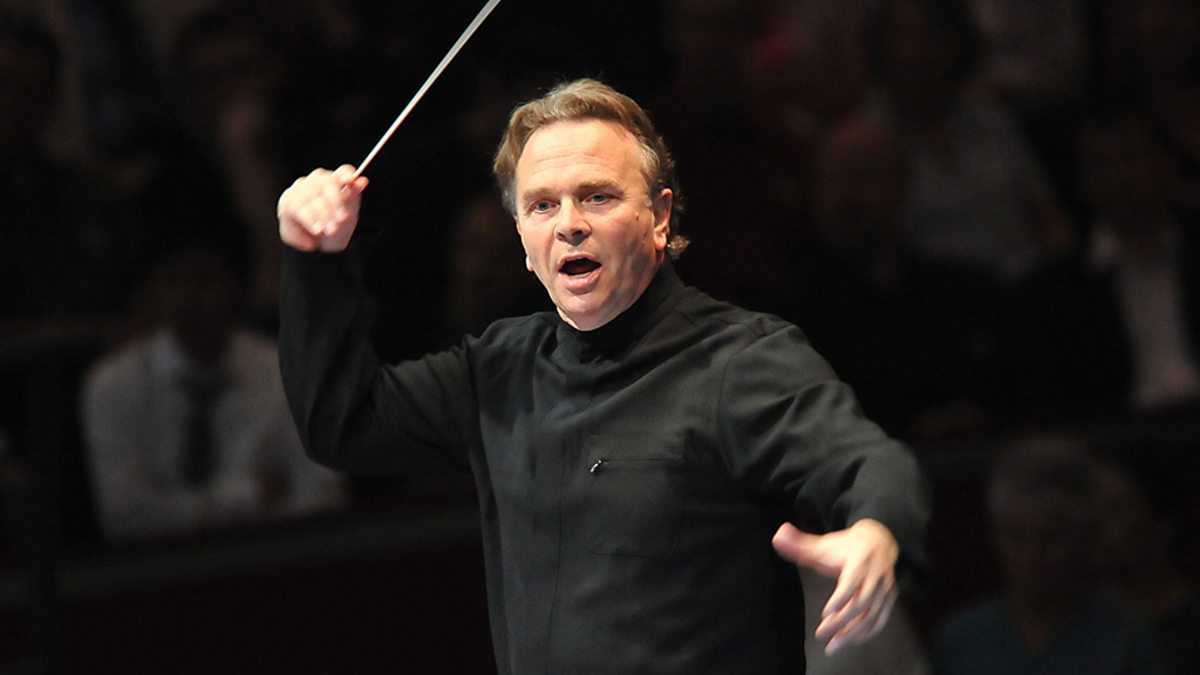Elgar’s “Chanson de Matin”: Sunshine and Flowers
This week, we have explored music of the English composer Sir Edward Elgar (1857-1934), from the blazing orchestral virtuosity of In the South, to the youthful charm of the Serenade for Strings. We’ll finish the week with a brief and breezy aubade—music which suggests the cheerful innocence of pastoral flowers catching the first light of dawn. Chanson de Matin (“Morning Song”) is the sunny companion to the more melancholy Chanson de Nuit. Published as Op. 15, No. 1 and …






